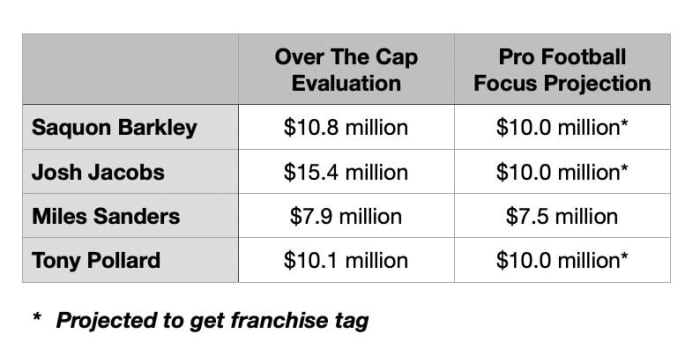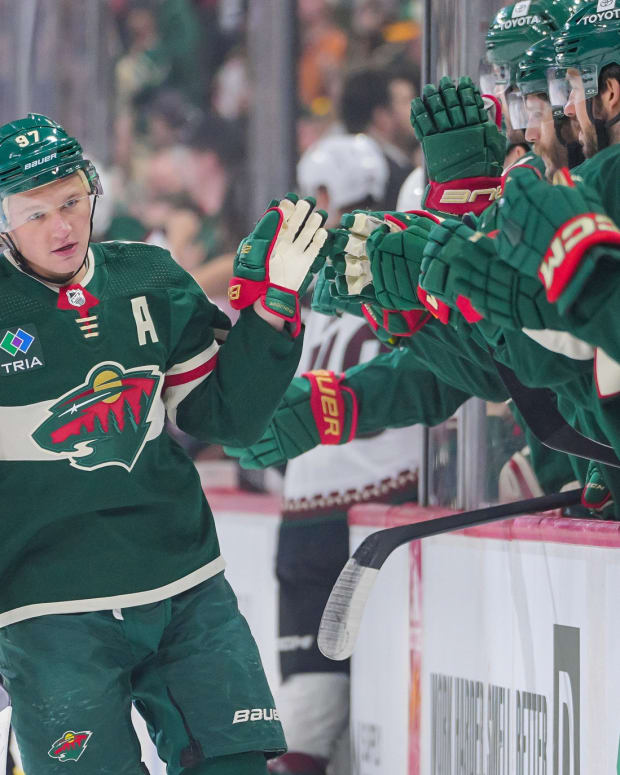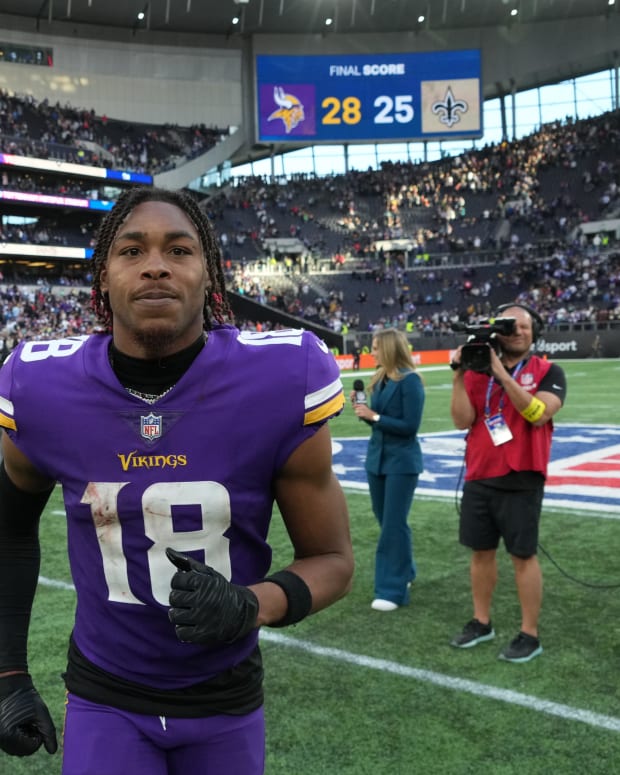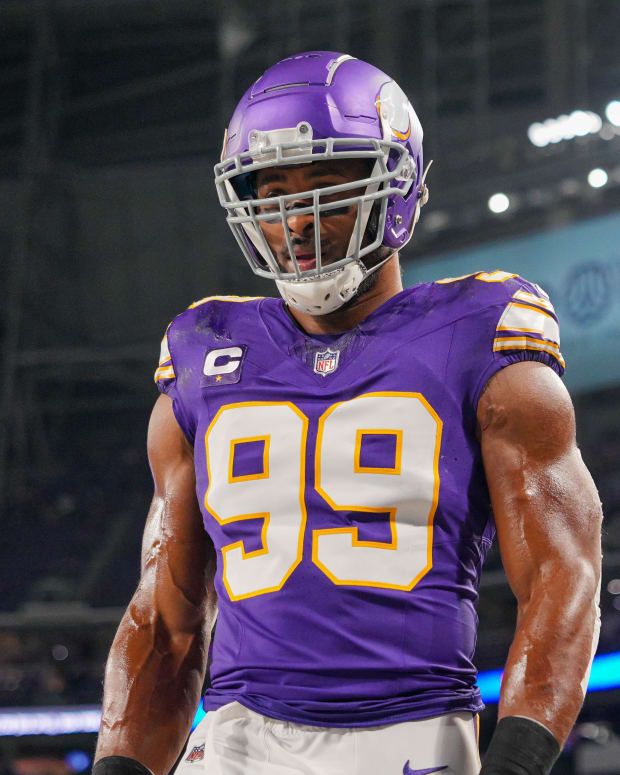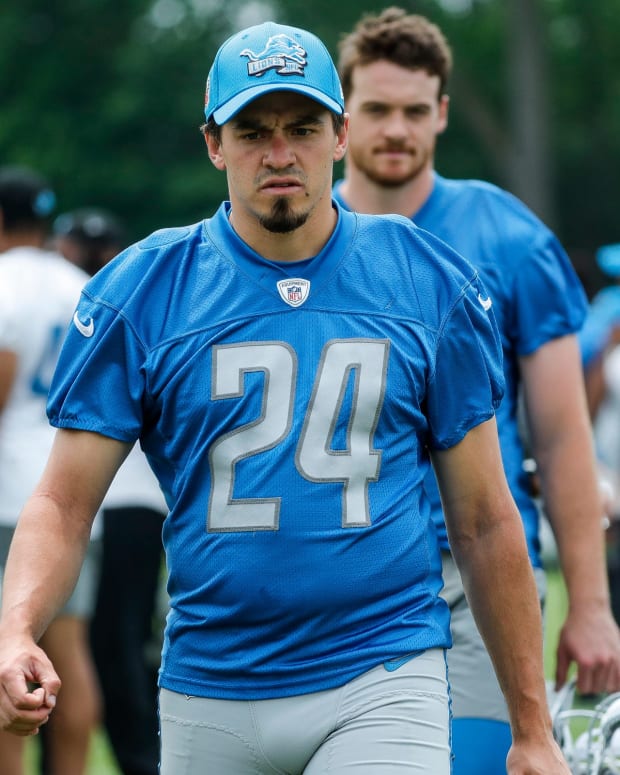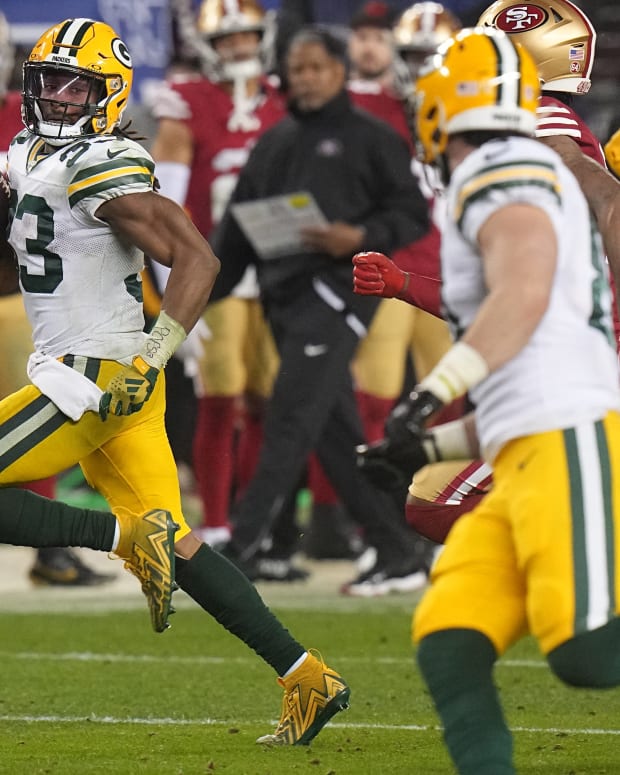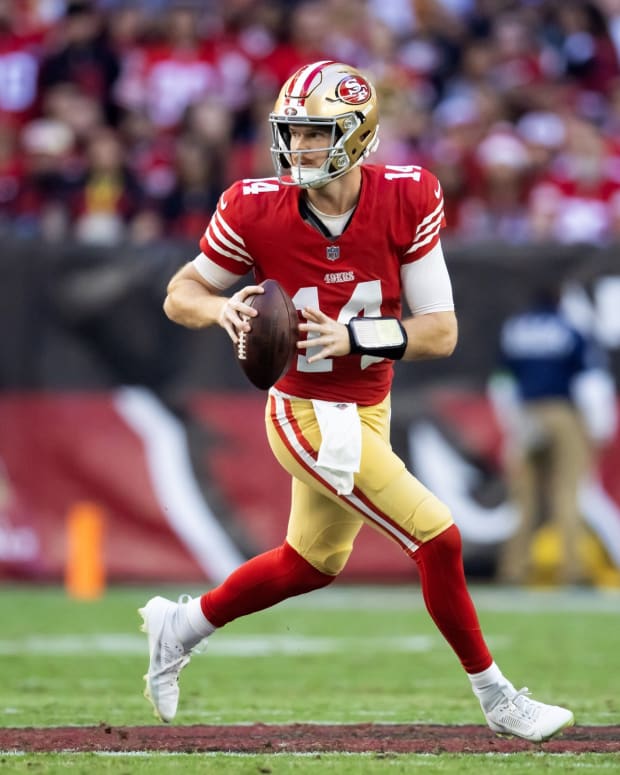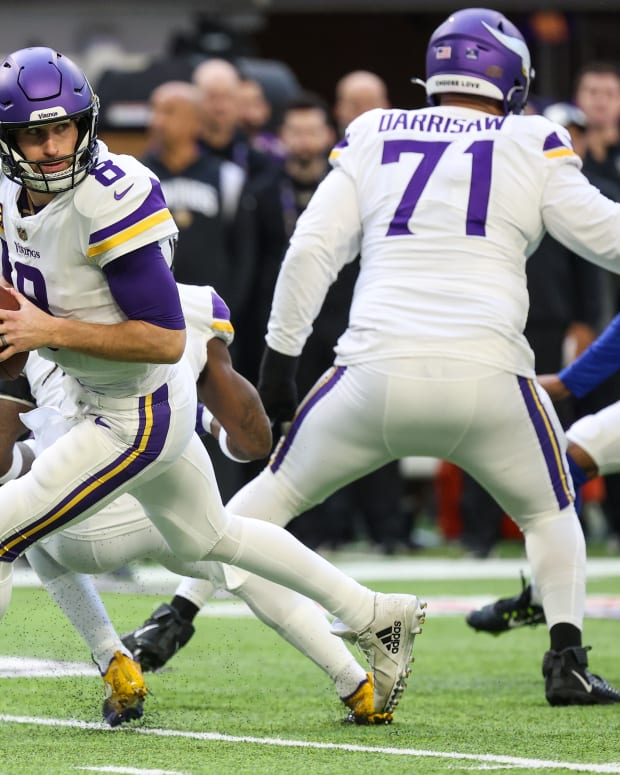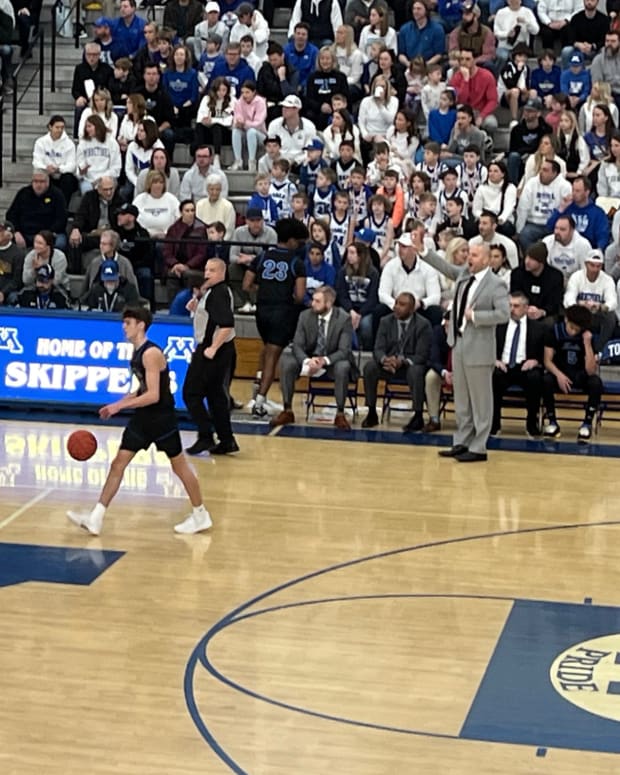Is Dalvin Cook worth the money? Vikings need to make decision
The Minnesota Vikings have several key decisions to make this offseason and one of the most intriguing is what to do with running back Dalvin Cook.
Cook is scheduled to count $14.1 million against the salary cap next season and with the Vikings currently $24.4 million over the cap, the star running back has been a popular name when it comes to veterans who could be traded or cut this offseason.
His agent, Zac Hiller, posted an interesting argument on his Instagram story this week suggesting his client may have been misused this past season.
Cook has been one of the most productive running backs in Vikings history, running for 1,000 yards in four straight seasons to Robert Smith and Adrian Peterson as Vikings to have accomplished the feat. If we account that Cook has run for 1,100 yards in each of those seasons, he joins Peterson as the only players in franchise history with four straight 1,100-yard rushing seasons.
The 28-year-old has 5,024 rushing yards since 2019, ranking third in the league behind Cleveland's Nick Chubb (5,345) and Tennessee's Derrick Henry (6,042).
With the second most carries in the league during that time, Hiller's suggestion that Cook was misused might seem unfounded, but his opportunities actually took a hit in the first season under Kevin O'Connell.
Cook's 264 carries were his fewest since he had 249 carries in 2021 and his 15.5 carries per game was a career-low. By comparison, Cook had a whopping 22.2 carries per game in 2020 and 19.1 carries per game in 2021.
Cook wasn't the only running back to see his workload get cut as the Vikings ran the ball less as a team under O'Connell, ranking 16th in the NFL with 449 rushing attempts during Mike Zimmer's final year in 2021 but 27th with 404 attempts last season.
One of O'Connell's criticisms from last year was his playcalling on short-yardage situations, often going for big pass plays as opposed to running the ball and picking up the first down. While Sharps Football Stats doesn't have data for the 2022 season, the Vikings ran the ball on second- and third-and-short (3 yards or less) at a 54 percent clip in 2021, a 72 percent clip in 2020 and a 57 percent clip in 2019.
All of this is data Hiller will bring to the negotiation table as KSTP's Darren Wolfson said on SKOR North's Mackey and Judd that Cook is not interested in taking a pay cut. This makes sense considering that Cook's base salary of $10.4 million is on par with what some of the top backs in this year's free agency class could make according to Over The Cap and Pro Football Focus.
It's clear Cook's camp believes that he's a top back in the NFL and if that's the case, it doesn't make sense for him to take a pay cut. But taking a deeper dive on Cook's numbers, that may no longer be the case.
According to Football Outsiders' metrics, Cook logged a success rate (which is how often a running back keeps an offense on schedule depending on down and distance) of 48 percent last season, which ranked 33rd among 42 qualifying running backs. Cook also ranked 36th in defense-adjusted value over average (DVOA), signaling that he wasn't getting the yards needed and wasn't breaking off big runs at the same rate he previously had in his career.
PFF agreed with Football Outsiders' assessment, as Cook posted a 72.4 run grade last season, which ranked 46th out of 62 running backs who had at least 20 percent of the league lead in attempts. While that number was an improvement from his 2021 grade of 68.8 (40th out of 61 qualifiers), it was a steep drop from his 2020 grade of 90.2, which ranked second among 61 qualifiers.
Hiller could blame the Vikings for this and say that Cook didn't get opportunities behind an offensive line that ranked 18th in PFF's run-blocking grades but there were more reasons why Cook didn't get the ball.
If Cook had been running at a successful rate, the Vikings may have been able to keep their defense off the field, which could have put them in more advantageous situations late in games. While Kirk Cousins may be smiling as he walks into his negotiations with eight fourth-quarter comebacks, those came at the expense of Cook, who could have had more opportunities if the Vikings had a lead.
There's also the issue of Cook's injury history. While Zimmer opted to hand the ball off to Cook relentlessly, it came at the cost of his late-season performance and durability. O'Connell showed a tendency to maximize the health of his players throughout the season and it benefitted Cook as he didn't miss a game for the first time in his career.
The back-and-forth could create a messy situation, which has already gotten murky with Cook's decision to undergo surgery on a broken shoulder that was suffered in 2019. Strangely enough, the injury happened before Cook's last contract negotiation, where he signed a five-year, $63 million extension prior to the 2020 season.
But that was a different time as teams are just as likely to try and find the next Isaiah Pacheco – the seventh-round rookie who led the Kansas City Chiefs in rushing last year – as they are the next Patrick Mahomes.
With a draft class that includes top-tier prospects such as Texas's Bijan Robinson, Alabama's Jahmyr Gibbs and UCLA's Zach Charbonnet as well as likely late-round names like Tulane's Tyjae Spears, Texas A&M's Devon Achane and Syracuse's Sean Tucker, the Vikings could opt to get younger and cheaper, which could make Cook one of the first big names to hit the chopping block.

